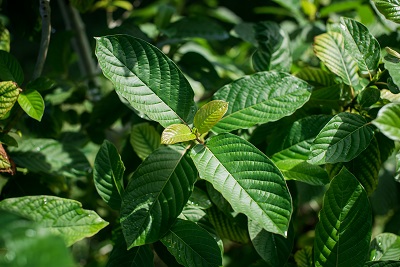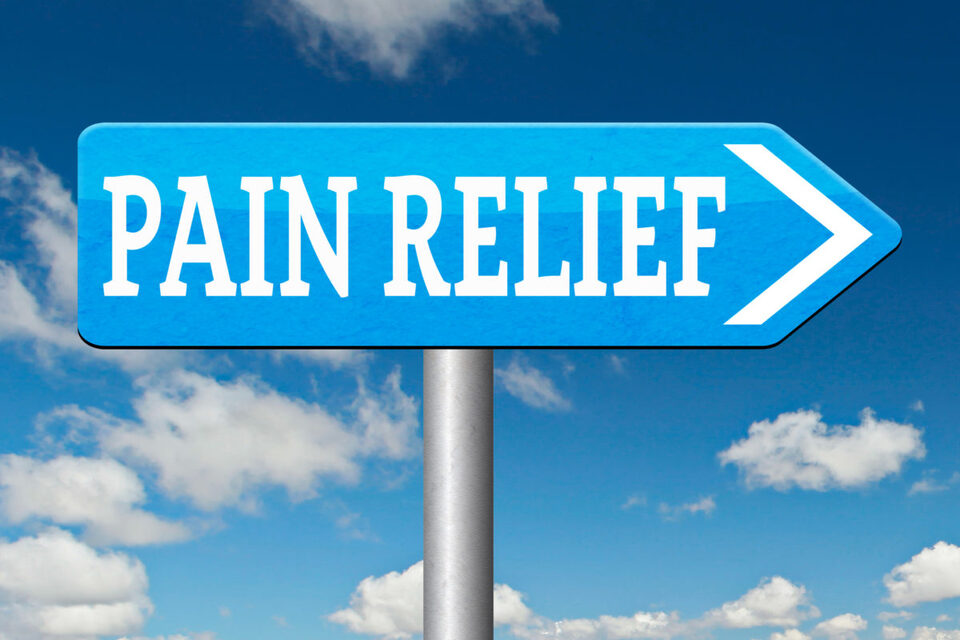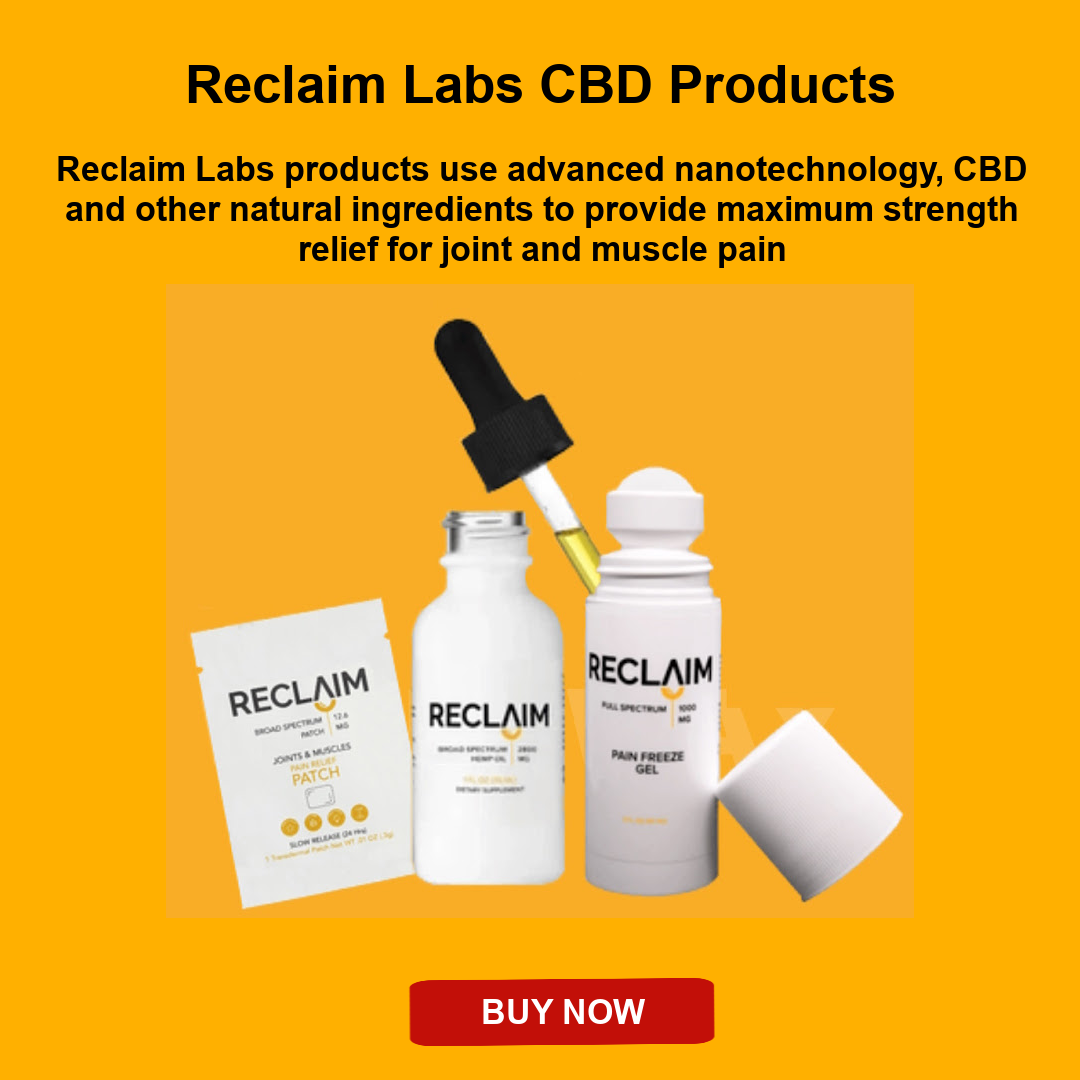
When Jason was 18 years old he broke his wrist and knuckles. He was given Vicodin and became addicted. He graduated to methadone and heroin. He had never used anything before but pot and alcohol occasionally. For the next seven years he was in and out of detox. All his plans went downhill. He had wanted to be a pro baseball player. He had trouble getting and keeping a job. He got a D.U.I. He watched eight of his friends die from heroin overdoses and he still couldn’t stop using. Then one day a friend posted on Facebook about kratom. Jason ordered a sample pack of a red vein strain, the most calming strain of Kratom. Since he started using kratom, he has not had the urge to use opioids again. Jason’s life is now back on track. He’s been clean for over eight months and is going to school to get a machinist certificate. He uses kratom to manage ongoing back pain, anxiety and depression. He doses twice a day and reports that it costs him $30-$40 a month. He’s now confident about his future.
Richard states, “I have suffered immense pain from fibromyalgia for 25 years, to the point of disability & early medical retirement from my job in government healthcare as licensed psychiatric clinician at a county facility. I tried many medications to relieve my pain to no avail. I have also been a practicing herbalist for 22 years. It was recommended I try Kratom from another herbalist friend. I cannot begin to tell you of the immense relief immediately felt from the first dose of this amazing plant. I have been using kratom for several months now. I have no adverse effects, no withdrawal if not used, nor noticeable side effects. I can now go through the day with absolutely no pain! Period! This is one of the most valuable herbs I have ever used.”
Kratom is an herb that is native to tropical Southeast Asia and is part of the coffee family. Its scientific name is Mitragyna speciosa. The American Kratom Association says kratom is “more akin to tea and coffee than any other substances”. It has been used medicinally by the people of Southeast Asia for hundreds of years. More recently, millions of Americans have begun using kratom for pain relief, anxiety, insomnia, as an energy booster and to ease withdrawal from opioids. Many pain patients insist kratom has significantly improved their quality of life and others, like Jason, say it has literally saved their lives.
According to Dr. Jack Henningfield, a highly respected addiction specialist at Johns Hopkins, kratom is no more addictive than caffeine and “the factors that appear important in sustaining kratom consumption appear more similar to those that sustain dietary caffeine consumption, namely to better manage fatigue and daily life demands and provide mild effects considered enhancing to quality of life” including pain relief and enhanced work performance.
In 2016 the Drug Enforcement Agency (DEA) tried to ban kratom on an emergency basis by classifying it as a Schedule I substance, a substance with no currently accepted medical use and high potential for abuse. A bipartisan group of 62 U.S. House and Senate members sent a letter to the DEA opposing the ban. 99.1% of 23,000 comments sent to the DEA opposed a kratom ban. The DEA claimed emergency action was needed to protect public health because it was “aware of 15 kratom related deaths from 2014 to 2016.” In all of those deaths other substances, including opioids, were present that could have caused the fatality. With so much outcry about a ban, the DEA backed down, at least temporarily.
The efforts of the federal government to ban kratom have not ceased, however. On February 6, 2018 the Commissioner of the FDA, Scott Gottlieb, MD, released a statement “on the agency’s scientific evidence on the presence of opioid compounds in kratom, underscoring its potential for abuse”. He states his concerns are “rooted in sound science and are in the interest of protecting public health” but this does not appear to be the case once the statement is scrutinized.
According to Commissioner Gottlieb, the FDA “recently conducted a novel scientific analysis using a computational model developed by agency scientists, which provided even stronger evidence of kratom compounds’ opioid properties.” Acccording to their analysis, kratom interacts with opioid receptors, therefore it must be an opioid with similar addictive potential.
In a rebuttal published in Forbes, pharmacologist David Kroll states, “If Dr. Gottlieb's statement were a pharmacology graduate student's written qualifying exam answer to a question seeking an objective assessment of kratom pharmacology and toxicology, I'd have no choice but to issue a failing grade.”
David Kroll states he would tell the student:
- You failed to read 20 years of published scientific literature on alkaloids present in the kratom plant, Mitragyna speciosa.
- You failed to demonstrate any mastery of current research on the biochemical pharmacology of opioids.
- You were overly reliant on unpublished data from a computational model in the absence of direct, experimental confirmation.
- You made safety conclusions based on confirmation bias and a poor assessment of adverse reaction reports where kratom or its constituents were present.
- You also made safety conclusions in the absence of considering the impact on public health if kratom were banned.
- You concluded that the substance has no medical benefit in the absence of a prospective clinical trial for any indication with a well-qualified kratom product or purified kratom alkaloid.
More recently, FDA staff visited Indonesia, where 95% of the U.S. supply is grown, in an effort to get the government there to ban the export of kratom. Despite the lack of evidence of any harm from kratom, health benefits to local residents and substantial economic benefits to farmers, Indonesia seems poised to ban kratom in 2022.
So, who is the FDA serving in their biased, unscientific efforts to ban kratom? It is certainly not the patients who have been relying on it for pain relief and easing opioid withdrawal.
Related Article:
American Kratom Aassociation Chairman challenges misleading claims-by FDA commissioner/
Related Products: Kratom products and books about kratom
Don't miss out on important pain treatment information. Sign up for our newletter!











Comments